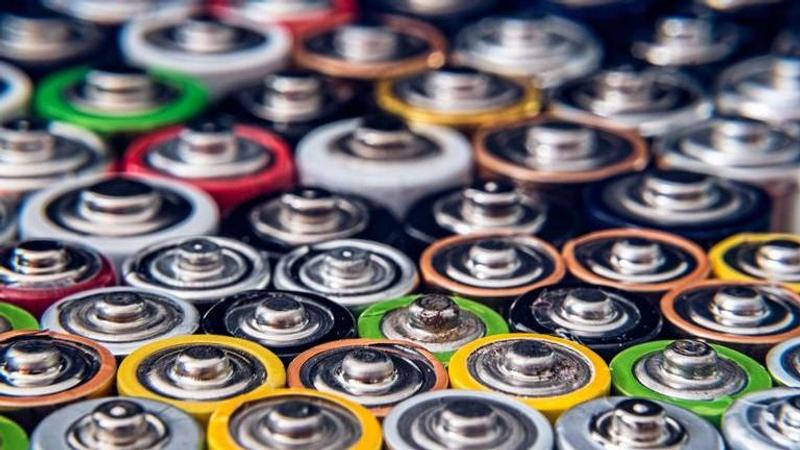Published 16:35 IST, August 13th 2023
ACC battery market set for rapid 50% CAGR growth by 2030: CII Report
This growth is expected to be driven by a flourishing local battery manufacturing industry and a resilient local supply chain.

The advanced chemistry cell battery market in India is projected to experience a substantial growth trajectory, with an anticipated Compound Annual Growth Rate (CAGR) of 50 per cent from 2022's 20 GWh to approximately 220 GWh by 2030, according to a report released by the Confederation of Indian Industry (CII) on Sunday.
This growth is expected to be driven by a flourishing local battery manufacturing industry and a resilient local supply chain. Consequently, India aims to localise a significant segment of the entire value chain, spanning from material processing to pack assembly and integration, as highlighted in the 'Raw Materials for Battery & Component Manufacturing' report.
In collaboration with 6Wresearch, this report, which is part of the series 'Roadmap for Future Mobility 2030', underscores the pivotal role of battery technology advancements in shaping the future of electric vehicles (EVs).
Vipin Sondhi, Chairman of CII National Committee on Future Mobility and former CEO & MD of Ashok Leyland and JCB, emphasised the importance of battery technology for EV development.
"EV is determined primarily by the battery running the powertrain of the vehicle. Advancements in the battery technology space are pivotal for the development of better-performing EVs," said Vipin.
Incentivising the development of domestic mines
The report recommends incentivising the development of domestic mines, especially for minerals like cobalt, nickel, lithium, and copper, which have limited reserves, production, and refining capacity within India. It also proposes reducing customs duty on critical minerals used in battery manufacturing and encouraging the establishment of mineral processing plants for mineral extraction.
The CII report calls for a robust battery chemical processing industry on par with other stages of battery manufacturing. This could be achieved through governmental incentives, increased research and development funding, technological collaborations with advanced countries, and streamlining regulations related to the chemical industry, including licences and environmental approvals.
Notably, the government recently announced the re-bidding of production-linked incentives for 20 GWh Advanced Chemistry Cell (ACC) manufacturing, a program with a budget of Rs 18,100 crore aimed at boosting local battery cell production in India.
ACCs, known for their advanced energy storage capabilities, find applications in electric vehicles, grid stability, solar energy systems, and consumer electronics.
With India's commitment to renewable energy and the goal of achieving net-zero emissions by 2070, energy storage is poised to play a pivotal role in the overall energy landscape. The government's approved 'National Programme on ACC Battery Storage' seeks to achieve a manufacturing capacity of 50 GigaWatt Hour (GWh) of ACC, focusing on domestic value addition and globally competitive battery manufacturing costs.
(With PTI inputs)
Updated 16:35 IST, August 13th 2023




